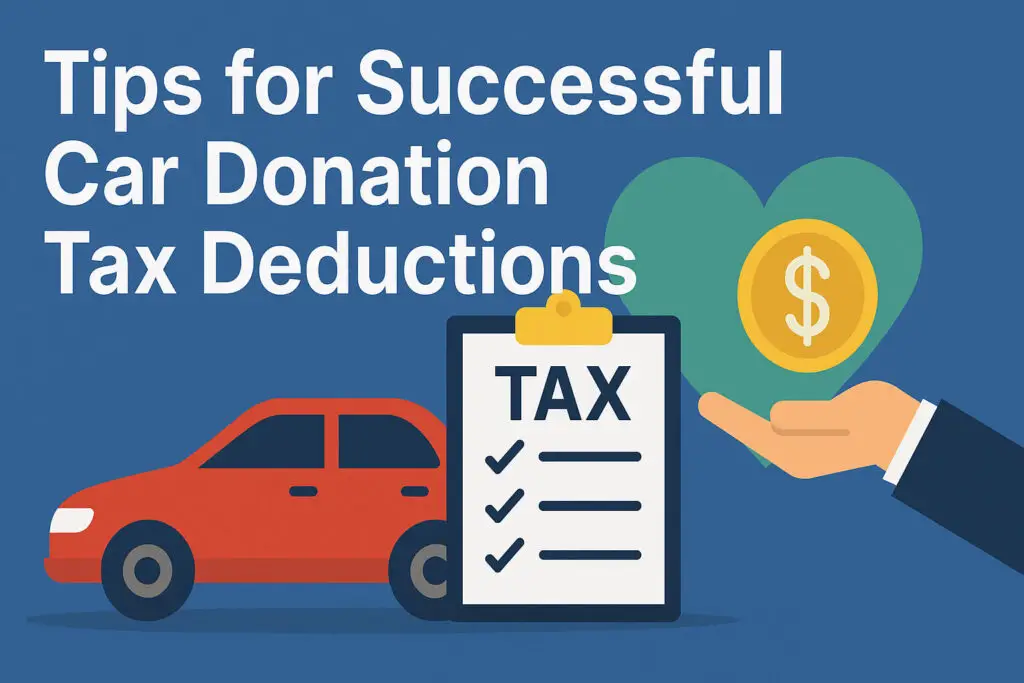In the dynamic landscape of the modern automotive market, the issue of skyrocketing car prices has become a pressing concern for consumers seeking to make a wise investment. As potential buyers grapple with sticker shock, an alluring alternative has emerged—car leasing. In this comprehensive guide, we delve deep into the intricate facets of navigating the high-priced car market and explore whether leasing stands as a more pragmatic and budget-friendly choice.
Understanding the Automotive Paradigm Shift
The automotive market is currently undergoing a remarkable transformation, largely characterized by the staggering surge in car prices. This pervasive issue has ignited discussions among prospective car buyers, who find themselves contemplating alternatives to traditional vehicle ownership. One of the most compelling alternatives is the concept of car leasing—a financial arrangement that offers an enticing solution to the challenges posed by exorbitant car prices.
Deciphering the Basics of Car Leasing
Car leasing operates on a fundamentally different premise than the conventional approach to car ownership. In essence, leasing entails a financial agreement where individuals are granted the privilege to utilize a vehicle for a stipulated duration, typically ranging from a few years. Unlike traditional car buying, where monthly payments contribute towards eventual ownership, leasing focuses on paying for the depreciation of the vehicle during the lease term. This unique distinction lays the foundation for an in-depth exploration of the merits and drawbacks of this approach.
Unraveling the Factors Behind Escalating Car Prices
Various converging factors have fueled the dramatic increase in car prices. A notable contributor is the global shortage of semiconductor chips, which has disrupted car production and constrained supply. Simultaneously, there has been a discernible spike in consumer demand for specific vehicle categories, particularly SUVs and trucks. Moreover, the pervasive impact of inflationary pressures has rippled through the automotive manufacturing process, further exacerbating the escalation of car prices.
Advantages of Opting for Car Leasing
In a high-priced car market, leasing emerges as an attractive proposition laden with several advantages. Notably, leasing typically involves lower monthly payments compared to traditional financing methods. This financial breathing room facilitates access to new cars that might otherwise remain financially elusive. Moreover, the allure of consistent vehicle upgrades, coupled with minimal upfront costs, bolsters the appeal of car leasing.
Navigating the Leasing Terrain: Pros and Cons
While the prospect of leasing shines brightly, it is essential to navigate the terrain with a discerning eye. Leasing bestows certain benefits, such as predictable monthly expenses and the avoidance of long-term ownership commitments. However, it is not without its limitations. Prospective lessees must contend with mileage restrictions that can impede travel plans, and any surpassing of these limits results in additional charges. Furthermore, customization options for leased vehicles are constrained, as they must be returned in their original condition. Additionally, the lack of ownership means that equity accumulation is not a component of the leasing equation.
Weighing the Financial Aspects: Lease vs. Buy
The pivotal choice between leasing and buying hinges on a meticulous examination of the financial implications. Analyzing the total costs associated with both approaches over a specific timeframe can yield insights into which option aligns seamlessly with budgetary constraints and long-term aspirations. The role of depreciation emerges as a key factor, exerting influence on both leasing expenses and the potential future resale value of the vehicle.
Mastering the Art of Leasing: A Step-by-Step Guide
Embracing car leasing entails a systematic journey through various stages. Commencing with thorough research, individuals must diligently identify a vehicle that harmonizes with their requirements, accounting for factors such as size, features, and fuel efficiency. Gaining a nuanced understanding of lease terms, encompassing concepts like money factor and residual value, empowers individuals to negotiate adeptly. The art of negotiating the lease deal itself emerges as a pivotal phase, determining the favorability of terms and conditions.
Strategizing to Curtail Lease Costs
To optimize the financial advantages of car leasing, strategic measures can be employed. Opting for a higher initial payment during lease initiation can pave the way for reduced monthly installments. Skillful negotiation of the vehicle’s selling price and capitalized cost can also wield considerable influence over the overall financial landscape. Vigilance in staying abreast of manufacturer incentives and specialized lease offers serves as an effective tool in securing a more advantageous deal.
The Significance of Residual Value Assessment
In the intricate realm of lease calculations, residual value assumes a pivotal role. This parameter, which denotes the projected worth of the vehicle upon the culmination of the lease term, carries substantial implications for monthly payments. A nuanced comprehension of residual value empowers lessees to make judicious choices regarding the type of vehicle they opt to lease, aligning harmoniously with their preferences and financial strategy.
Pondering Lease-End Alternatives
As the lease term approaches its culmination, lessees are confronted with pivotal decisions. This juncture presents a trifecta of choices: the opportunity to renew the lease, the possibility of purchasing the vehicle, or the alternative of returning it. Each option carries its own set of considerations, including potential fees and charges. Prudent preparation of the vehicle for inspection and return serves as a definitive step towards a seamless conclusion of the leasing experience.
Answering Common Queries: FAQs
Throughout the leasing journey, numerous questions invariably arise. To address these concerns, here is a compilation of frequently asked questions and their concise answers:
- How Does Car Leasing Function? Car leasing involves renting a vehicle for a specified period, focusing on the payment of depreciation rather than ownership.
- Advantages Amidst High Prices? Leasing proffers lower monthly payments, facilitating access to new vehicles despite inflated prices.
- Are Lease Terms Negotiable? Yes, lease terms encompassing aspects like selling price and duration are amenable to negotiation.
- Impact of Depreciation on Lease Costs: Depreciation shapes the vehicle’s value, influencing both leasing costs and potential resale values.
- Customization of Leased Vehicles: Leased vehicles often have customization constraints, as they must be returned in their original condition.
- Consequences of Exceeding Mileage Limits: Excessive mileage incurs additional fees, culminating in potentially substantial expenses.
- Tax Advantages of Leasing: Depending on location and personal circumstances, leasing can yield certain tax benefits.
- Inflation’s Ripple on Lease Payments: Inflation indirectly influences lease payments by augmenting manufacturing costs.
- Pre-Termination Purchase of Leased Car: In most scenarios, you can purchase the leased vehicle prior to the lease term’s conclusion.
- Navigating Uncertain Times: Leasing during uncertain periods involves risks pertaining to shifts in personal and financial situations.
- Leasing Luxury Cars: Luxury vehicles offer appeal for leasing due to lower monthly payments and the allure of newer models.
- Unveiling the Best Lease Deals: Research into manufacturer incentives, lease offers, and effective negotiation facilitates favorable lease deals.
- Transferring Leases: In many cases, lease transfers are feasible, contingent upon approval from the leasing company.
- Leasing Considerations During Relocation: Relocation plans should account for potential implications of leasing terms and conditions.
- Credit Scores and Lease Terms: Elevated credit scores translate to more favorable lease terms, encompassing reduced interest rates.
- Maintenance Responsibilities for Lessees: Routine maintenance typically falls under the lessee’s purview, aligning with the lease agreement.
- Lease Options for Hybrid and Electric Vehicles: Many leasing companies extend options for hybrid and electric vehicle enthusiasts.
- End-of-Lease Purchase Negotiation: The purchase price (residual value) of the vehicle can often be negotiated upon lease conclusion.
- Addressing Vehicle Damage Pre-Termination: Reparations may be the lessee’s responsibility, subject to the lease agreement’s stipulations.
- Essentiality of Gap Insurance for Leased Vehicles: Gap insurance is recommended for leased vehicles, mitigating discrepancies between vehicle value and remaining lease balance in the event of a total loss.
Concluding Thoughts on Leasing Amidst High Car Prices
In the face of escalating car prices that have permeated the automotive realm, car leasing emerges as an enticing and judicious alternative to traditional ownership. While the conventional approach retains its allure, leasing presents a medley of advantages tailored to diverse financial preferences and lifestyles. By meticulously evaluating the multifaceted dimensions, weighing the pros and cons, and fostering a comprehensive comprehension of the intricacies associated with leasing, individuals can wield the power of informed decision-making. As the automotive landscape perpetually evolves, venturing into the domain of leasing unfurls a path towards embracing new cars within an ever-dynamic market.









